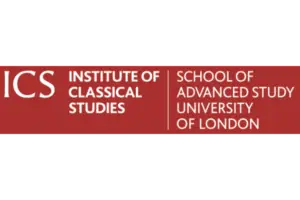Decentring Rome
Winner of the Shortland-Jones Rome Fellowship Award 2025-2026 from the British School at Rome
It is seldom questioned that Republican Rome was an imperial power base in the Mediterranean. When we think of Rome, we imagine a gleaming city of marble ruling its provinces with an iron fist. But was Rome always so powerful?
Ancient theatres were the biggest and most significant political, religious, and cultural hubs in an ancient city – bringing together thousands of people for a single event. Across Italy, theatres had been springing up for centuries. Huge buildings of carved stone, perched on top of hillsides or constructed in the centre of bustling Italian cities. They were striking demonstrations of political power and civic identity.
Yet, in Republican Rome, there was no permanent theatre. Why did Rome lag behind its neighbours? Why did it take so long to build a theatre? Was Republican Rome perhaps less powerful and less culturally advanced than its neighbours than we have previously assumed?
My project, Decentring Rome: Italian Theatres in the First and Second Centuries BCE, will become my third book and will be released at the end of next year.


